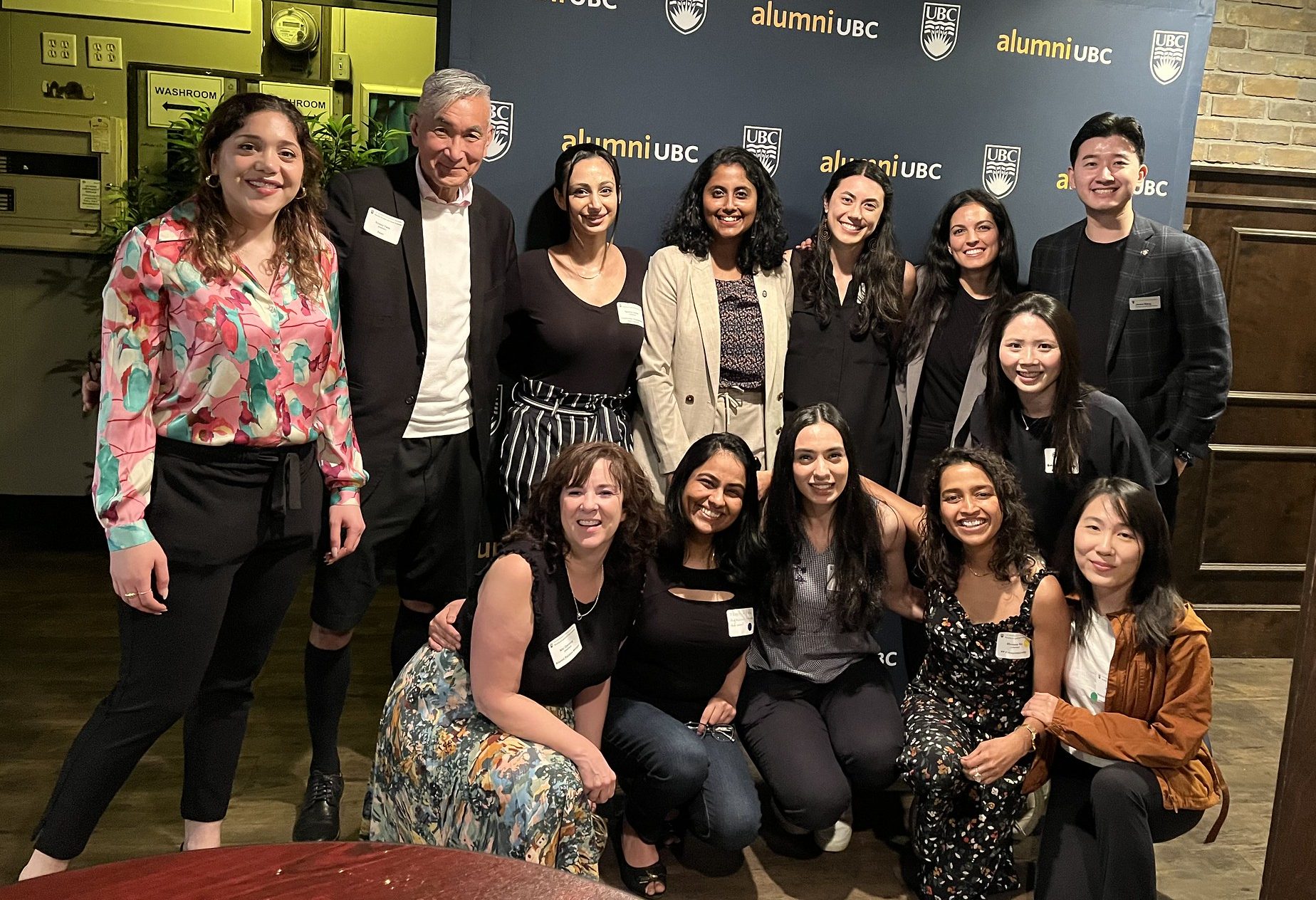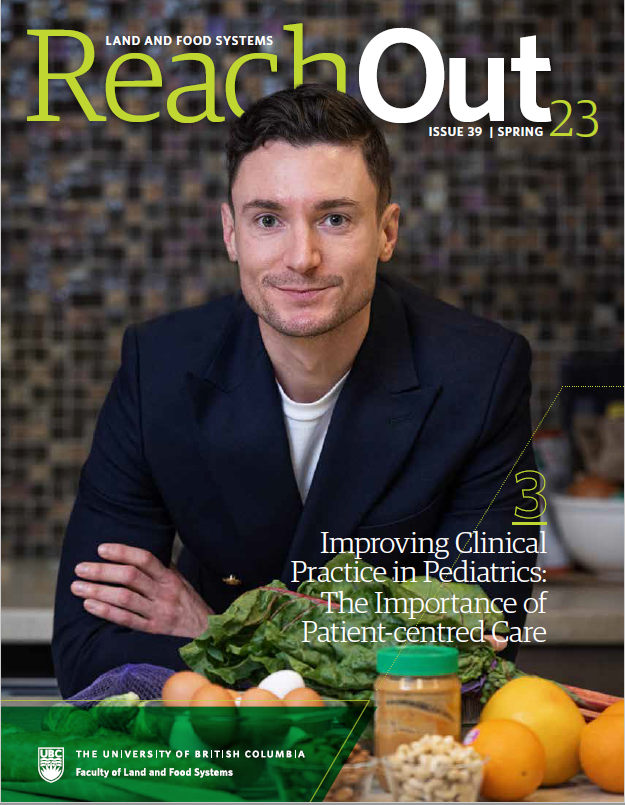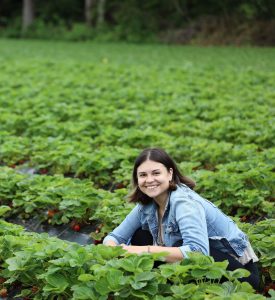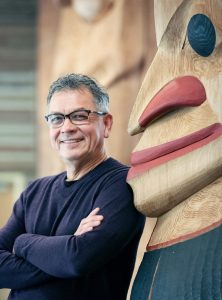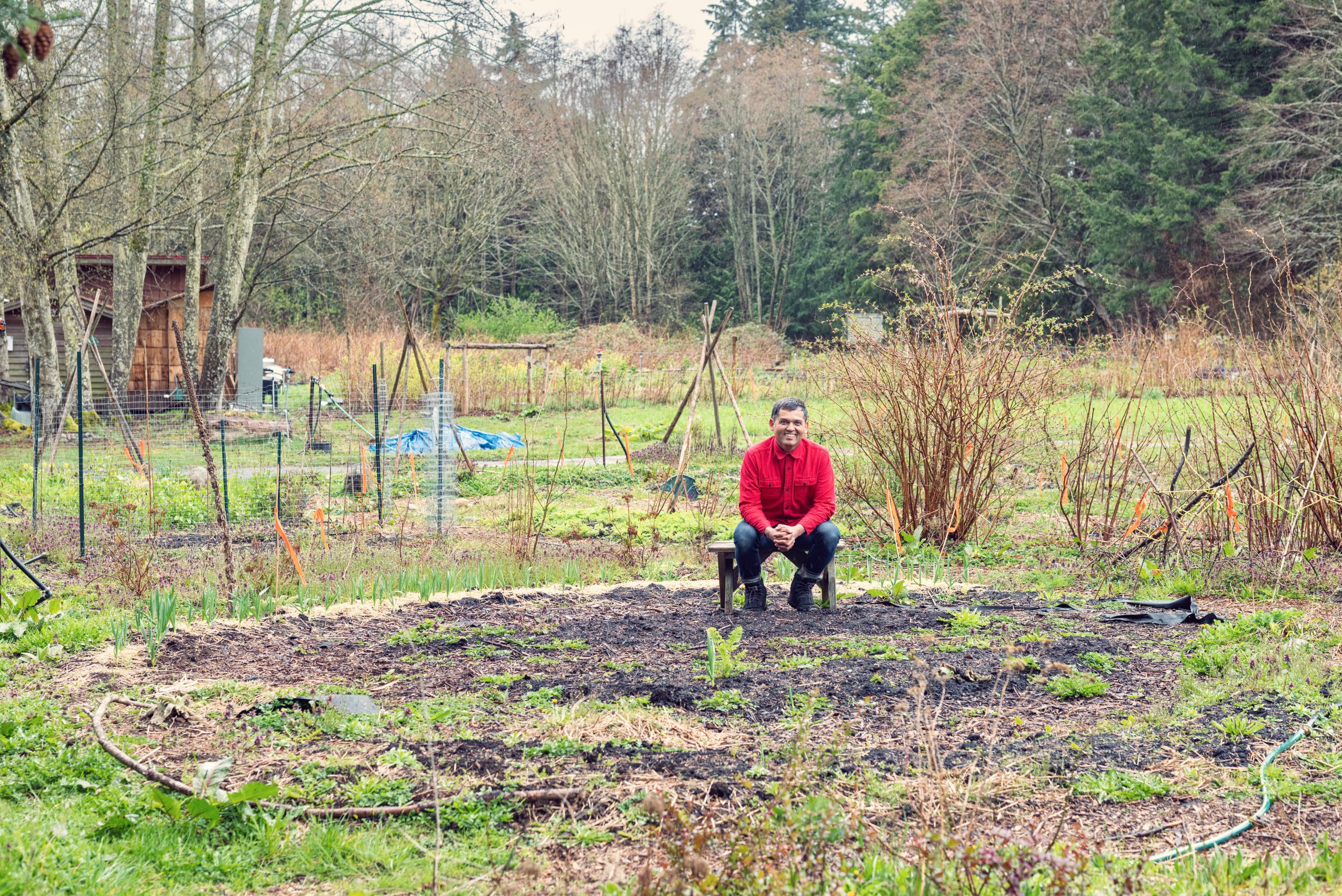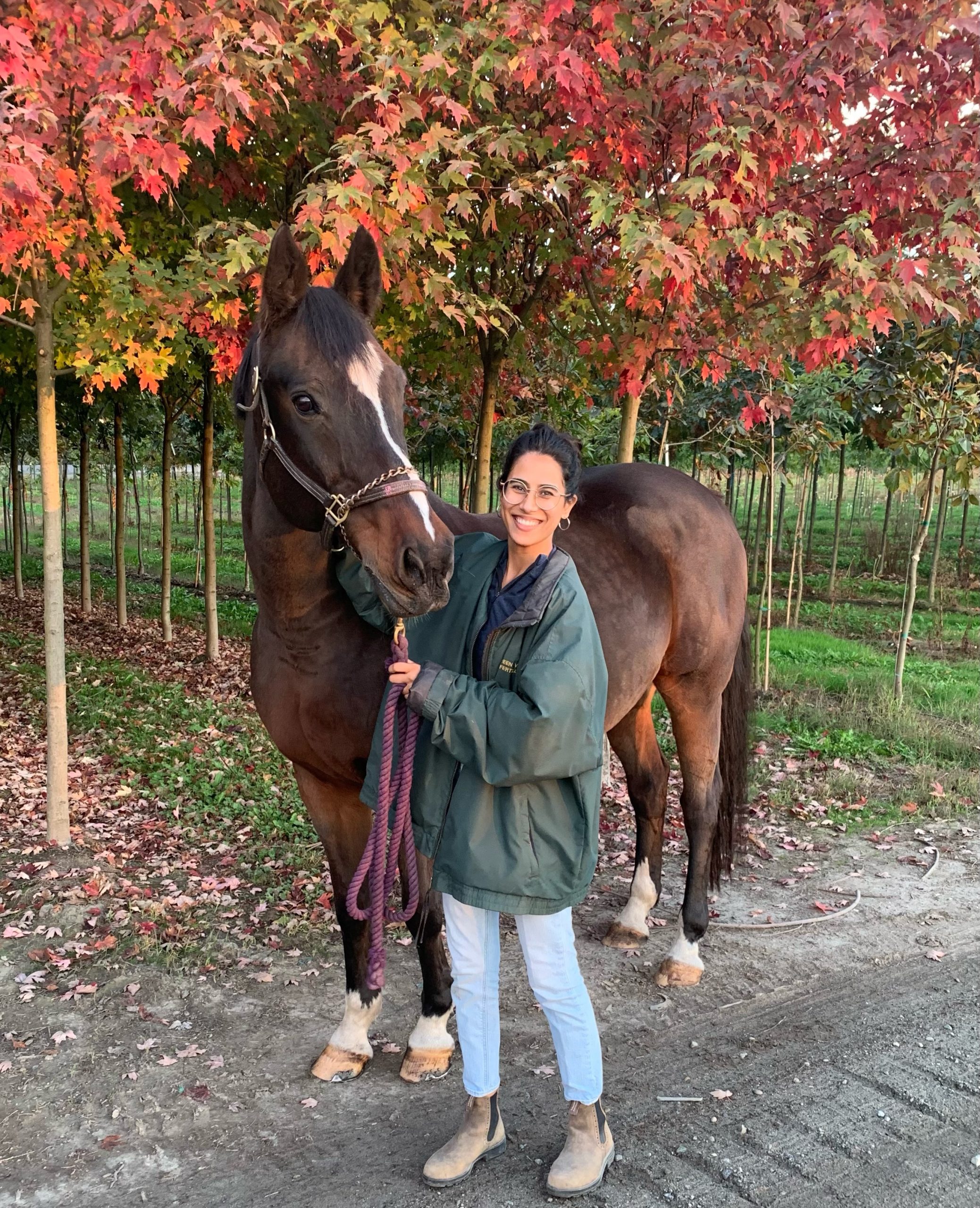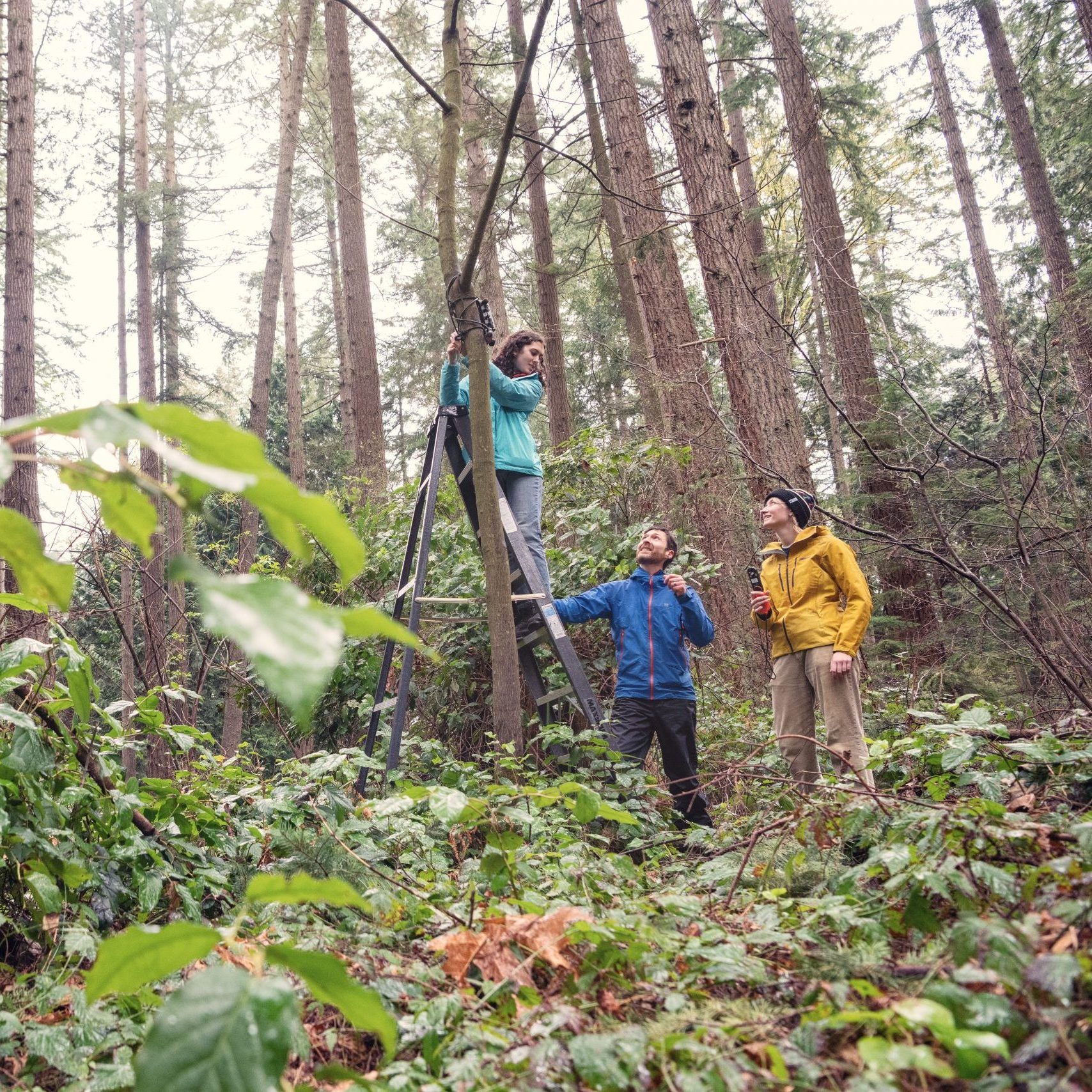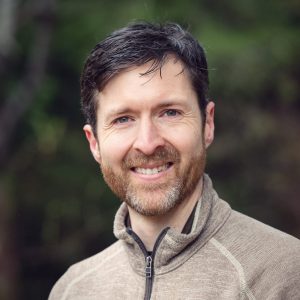Class of 2023: Julia Taylor (BSc Global Resource Systems)
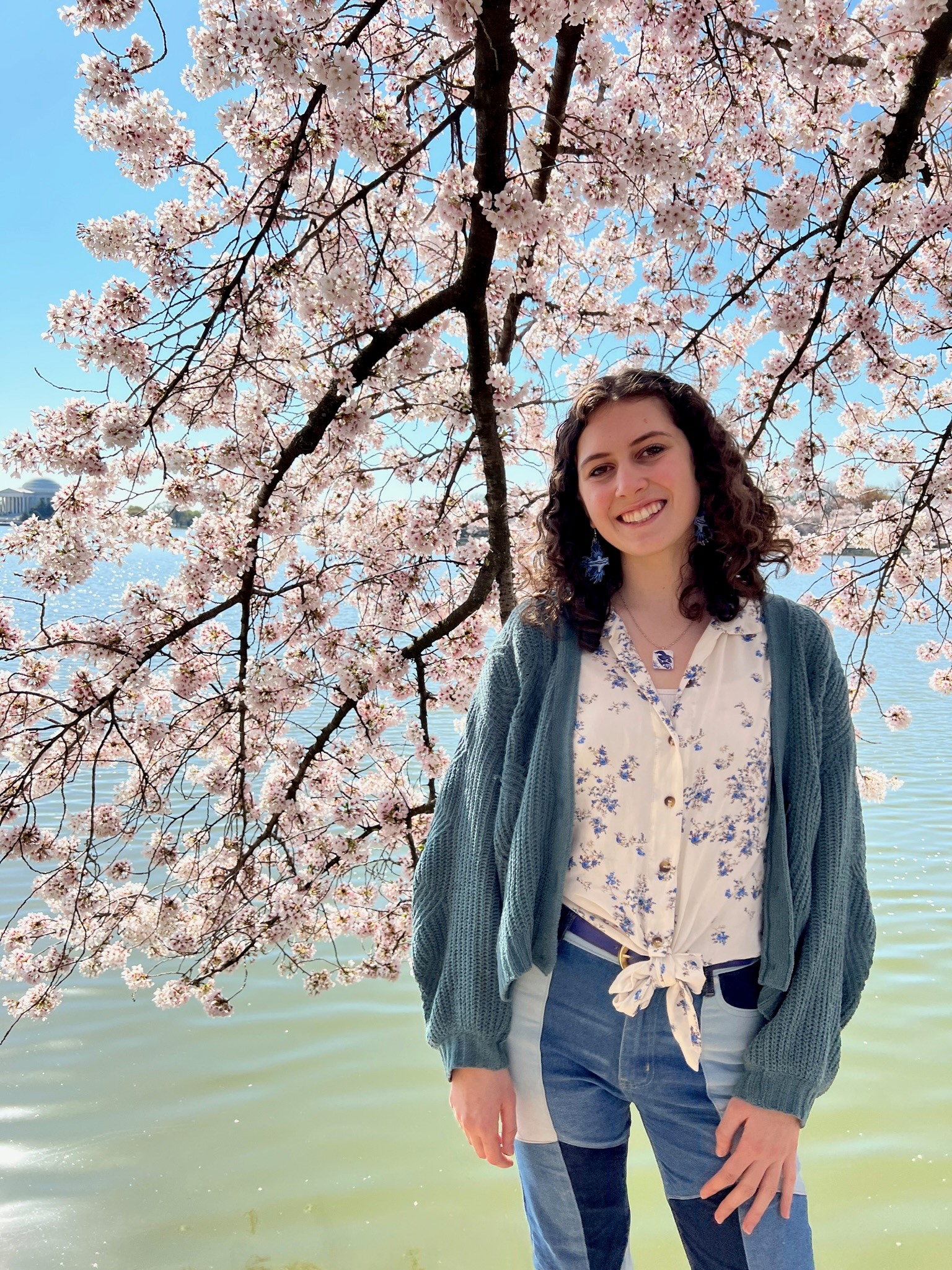
Julia Taylor
How did LFS match your personal and/or professional interests?
This Faculty, and my program especially, gave me the chance to develop existing interests as well as discover new ones through the course of my winding journey of exploring courses and changing my mind a million times during my degree–ultimately landing me in a place where I feel well-rounded and as though I’ve gained a wider and deeper understanding of the world at large. I feel lucky to have found deep passions for real-life issues through my studies in LFS, such as biodiversity conservation, agricultural sustainability, and local food systems, that I am excited to continue to pursue in my career.
What was your favourite class and why?
I absolutely loved taking BIOL 343 – Plants and Peoples taught by Dr. Shona Ellis, as this course really gave me a “crash course” in botany and plant taxonomy for groups of plants that were culturally, ecologically, and economically significant. Simultaneously, we learned about how people have interacted with, learned from, and grown alongside plants for millenia—with many hands-on lab opportunities to learn through experience.
Do you recommend students get involved in extra-curriculars? What did you do outside of the classroom?
I highly recommend getting involved outside of your classes! Some of my favorite experiences come from my time working at the UBC Farm, including the incredible opportunity I had to take a Directed Studies course at the xʷc̓ic̓əsəm Garden taught by Dr. Eduardo Jovel, Dr. Alannah Young Leon, and Wilson Mendes. The students got to learn about Indigenous ways of knowing, plants as medicine, and growing food while in a beautiful setting among generous people. I also worked conducting Biodiversity Monitoring Surveys at the UBC Farm and love all the organisms that call that land home, and cherish the fact that I got to do that alongside my regular coursework during my degree, as the lessons are invaluable from these experiences.
What advice do you have for students?
My advice for students is to find a way to connect with the natural areas around campus, whether it be volunteering at the Botanical Gardens, taking a walk around Nitobe Memorial Garden, learning to recognize the not-uncommon sound of a bald eagle call that may be heard by the Rose Garden, or simply taking a moment to pay attention to the changing colours and shapes of the foliage around UBC as the seasons progress. We are so privileged to be guests on this land, with stunning sites around the entire peninsula, and it is our responsibility to be stewards and appreciate the environments around us.
Tagged with:
